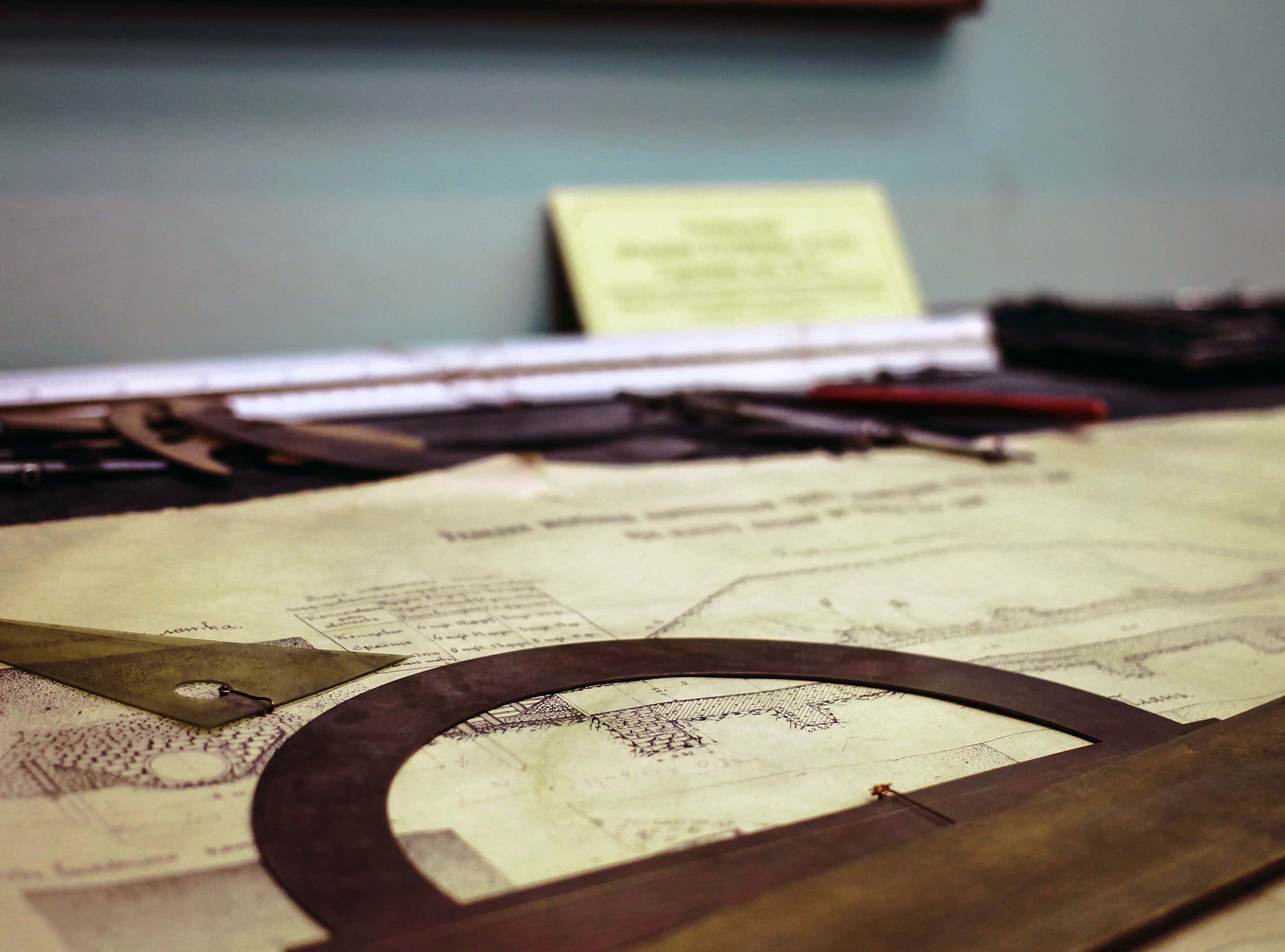Copyright Expert Witness Testimony Partially Permitted, Legal Conclusions Excluded
Court: United States District Court for the Northern District of Georgia, Atlanta DivisionJurisdiction: FederalCase Name: Architects Collective v. Pucciano & English, Inc.Citation: 2017 U.S. Dist. LEXIS 61450
Facts
The plaintiff, Architects Collective, an architecture firm run by a sole proprietor, filed a case of copyright infringement against the defendant, Pucciano & English, a competing architecture firm. The plaintiff alleged the defendant copied their federally registered architectural plans for three different apartment models designed for a shared client. The plaintiff claimed this client, Crowne Partners, was the conduit by which the defendant obtained Architects Collective’s plans for the individual apartment units.
The Copyright Expert Witness
The plaintiff, the sole proprietor of Architects Collective, was presented as a copyright expert witness under Rule 26(a)(2)(C) of the Federal Rules of Civil Procedure. The copyright expert witness was an architecture graduate from Oklahoma State University, had practiced architecture for over 45 years, and held architectural licenses in thirty states. He was also NCARB certified, previously served as President and Board Member of the Eastern Oklahoma Chapter of the American Institute of Architects, a Treasurer/Secretary of the Oklahoma Council of Architects, and had participated in the Central States Region Council of Architects. At the time of trial, his architectural projects were in all stages from design to completion across the country.
The plaintiff testified as a copyright expert witness to rebut other expert reports and give opinions with respect to the similarities and dissimilarities between his and the defendant’s architectural designs. The defendant sought to exclude the copyright expert’s testimony on the basis that the expert was unqualified to testify on copyright law and that his legal analysis of copyright law lacked sufficiently reliable methodology, thus his views would not support the trier of fact. The defendant also argued that the plaintiff was incorrectly classified as an expert under Rule 26(a)(2)(C) and therefore failed in submitting an expert report as required by Rule26(a)(2)(B). In particular, the defendant argued that the copyright expert witness offered the following general opinions which should be excluded: (1) opinions on copyright law and how it is applied to works of architecture; (2) opinions on the alleged striking and substantial similarities between the plaintiff’s unit plans and the defendant’s plans; and (3) opinions on the defendant’s gross revenues and the plaintiff’s lost profits.
In response, the plaintiff argued that his opinions were based on his experience as an architect and not on his expertise in copyright law. The plaintiff asserted his methodology was reliable because he observed the architectural designs of both sides to determine their similarities based on his extensive experience as a professional architect.
Discussion
The court found that the plaintiff had been appropriately designated as a Rule 26(a)(2)(C) expert for whom no expert report was required according to Rule 26(a)(2)(B). The court found the plaintiff to be more akin to a percipient witness under Rule 26(a)(2)(C) or a lay opinion witness as per the Federal Rule of Evidence 701 since he had first-hand knowledge of the situation at hand.
The court also disagreed with the defendant that the plaintiff could not offer a comparison of the two sets of plans to identify issues of infringement. It was noted that the plaintiff’s analysis of the overall design similarities and his point-by-point contrast of the individual elements of the designs were reliable because they were based on his professional experience. The court felt this testimony would help the trier to identify potential similarities and differences between the plans.
The court noted that “[w]hile an expert may testify as to his opinion on an ultimate issue of fact, he may not provide legal opinions on the ultimate issues in this case or simply tell the jury what result to reach”, citing Montgomery v. Aetna Casualty & Surety Co. Therefore, the court excluded the copyright expert from offering legal opinions on principles of copyright law and how they apply in this case.
Held
The defendant’s motion to exclude the copyright expert witness was granted in part regarding the expert’s legal opinions and denied in part regarding the expert’s professional architectural experience.
About the author
Zach Barreto
Zach Barreto is a distinguished professional in the legal industry, currently serving as the Senior Vice President of Research at the Expert Institute. With a deep understanding of a broad range of legal practice areas, Zach's expertise encompasses personal injury, medical malpractice, mass torts, defective products, and many other sectors. His skills are particularly evident in handling complex litigation matters, including high-profile cases like the Opioids litigation, NFL Concussion Litigation, California Wildfires, 3M earplugs, Elmiron, Transvaginal Mesh, NFL Concussion Litigation, Roundup, Camp Lejeune, Hernia Mesh, IVC filters, Paraquat, Paragard, Talcum Powder, Zantac, and many others.
Under his leadership, the Expert Institute’s research team has expanded impressively from a single member to a robust team of 100 professionals over the last decade. This growth reflects his ability to navigate the intricate and demanding landscape of legal research and expert recruitment effectively. Zach has been instrumental in working on nationally significant litigation matters, including cases involving pharmaceuticals, medical devices, toxic chemical exposure, and wrongful death, among others.
At the Expert Institute, Zach is responsible for managing all aspects of the research department and developing strategic institutional relationships. He plays a key role in equipping attorneys for success through expert consulting, case management, strategic research, and expert due diligence provided by the Institute’s cloud-based legal services platform, Expert iQ.
Educationally, Zach holds a Bachelor's degree in Political Science and European History from Vanderbilt University.
Find an expert witness near you
What State is your case in?
Subscribe to our newsletter
Join our newsletter to stay up to date on legal news, insights and product updates from Expert Institute.



